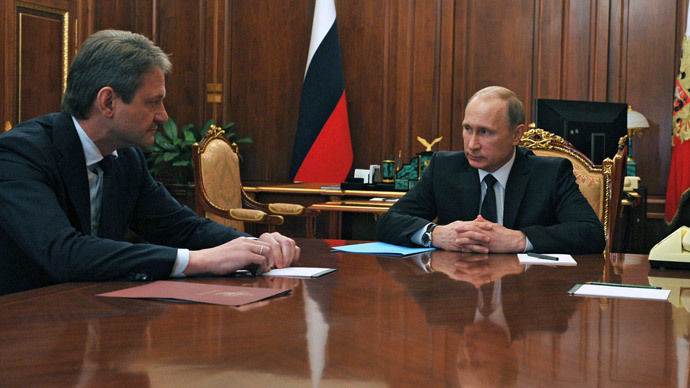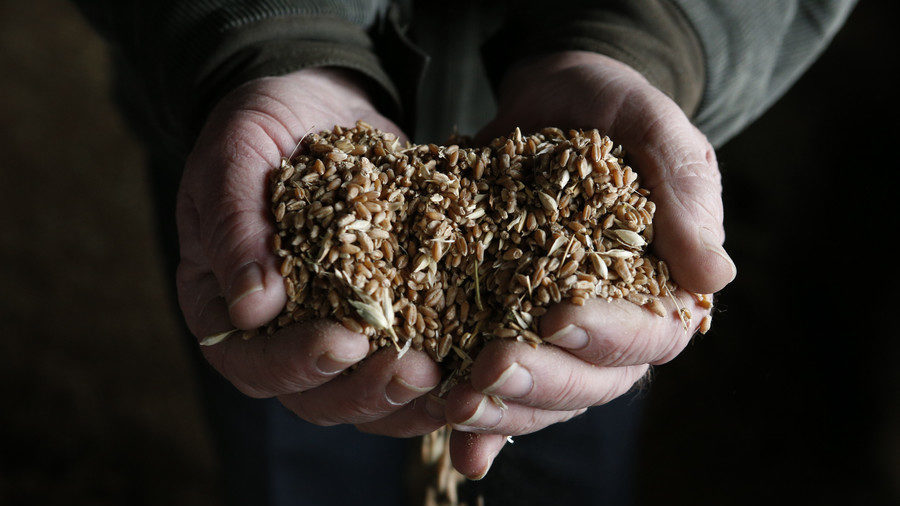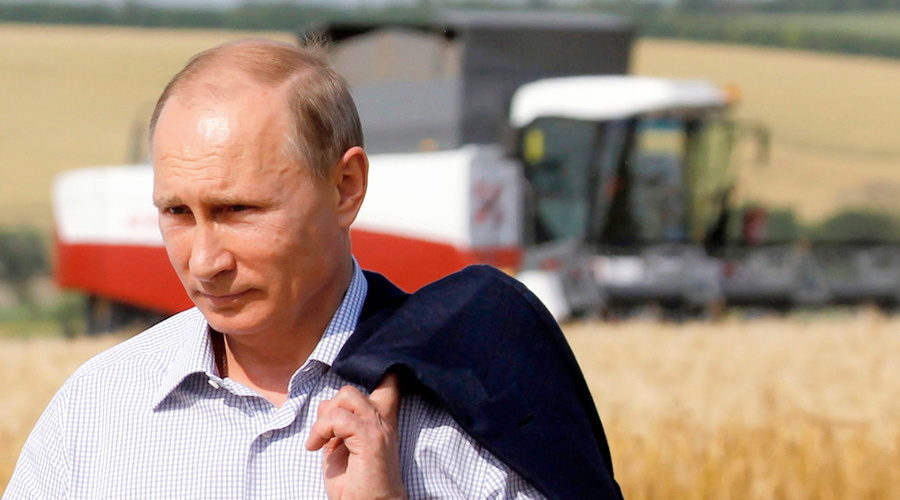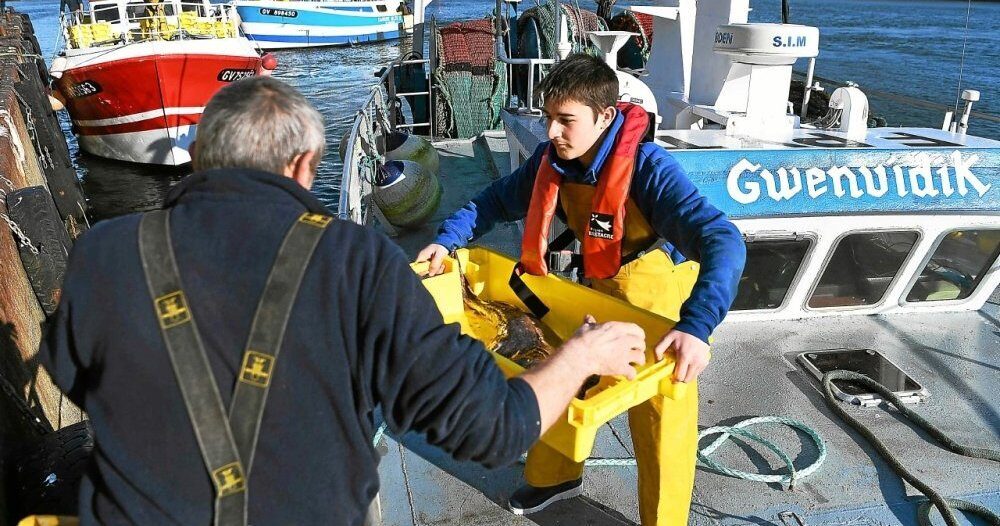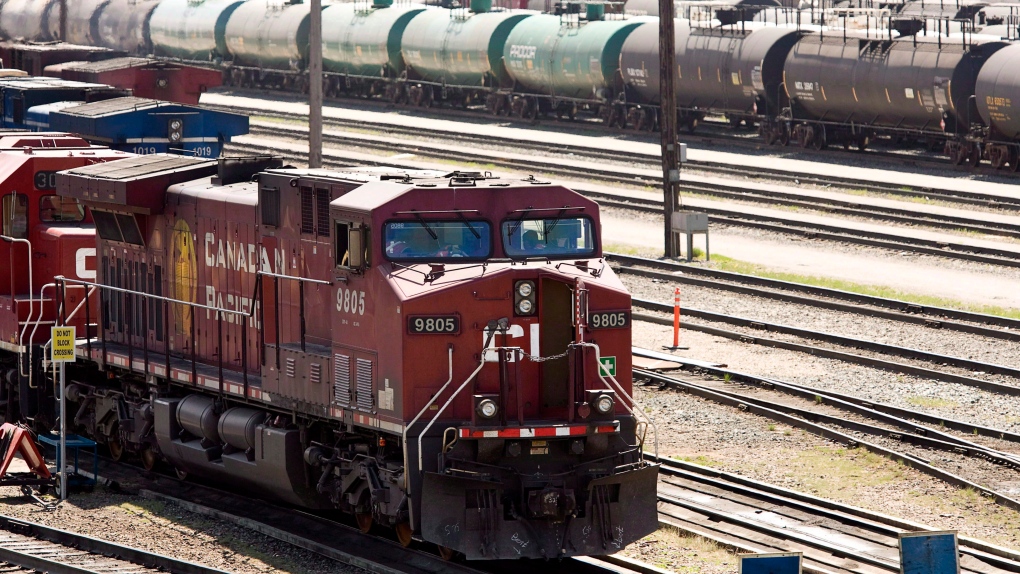From where RT is still available:
Russian wheat exports plunge
Supplies to the global market are down by nearly a third since July
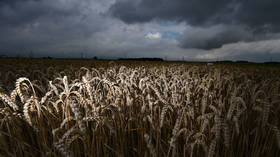
© Getty Images
The world's largest exporter of wheat, Russia, supplied 23 million tons of the crop to the global market since the beginning of the 2021-2022 agricultural year (July 1, 2021) to March 10, the Ministry of Agriculture said on Monday. That is 30.9% lower than the figure for the same date last season.
The country’s overall grain exports are also down, with barley deliveries falling by 34.7% to 2.9 million tons, and corn shipments declining by 21.7% to 1.8 million tons.
Wheat prices hit record highs lately on supply shortage concerns due to the crisis in Ukraine. Russia and Ukraine account for about 30% of global wheat exports.
The conflict between the two countries has brought the world to the brink of a food crisis, analysts warn. The number of people on the edge of famine has jumped to 44 million from 27 million in 2019, the UN's World Food Program said this month.
For more stories on economy & finance visit RT's business section
Who will people blame eventually?This critical food item is about to run out in Europe
The halt of exports from Ukraine could change region’s frying habits

© Getty Images / Igor Kovalenko
Europe now faces a deficit in sunflower oil because exports from Ukraine have stopped, with the available stocks projected to last between 4 and 6 weeks, the EU vegetable oil industry association has warned.
“Beyond that period, it is likely that [the] lack of availability of crude sunflower seed oil and limited alternatives will lead to a shortfall of refined/bottled sunflower seed oil on the European market, and that this will be felt up to the consumer level,” reads the latest FEDIOL press release.
According to the association, the conflict in Ukraine has already prevented approximately 200,000 tons of sunflower seed oil per month from being shipped to European ports.
The EU sources between 35% and 45% of the oil it consumes from Ukraine, FEDIOL explains, adding that such volumes are difficult if not impossible to replace on short notice.
READ MORE: Wheat futures soar to 14-year high and food prices could be next
Producers are already redirecting the oil destined for biodiesel back to the food market, FEDIOL says, predicting that rapeseed oil, soybean oil, and tropical oils could also be used as a replacement.
Since the beginning of Russia’s military operation in Ukraine on February 24, the country’s Black Sea ports have been closed, leaving dozens of cargo ships stranded and disrupting shipping.
For more stories on economy & finance visit RT's business section



